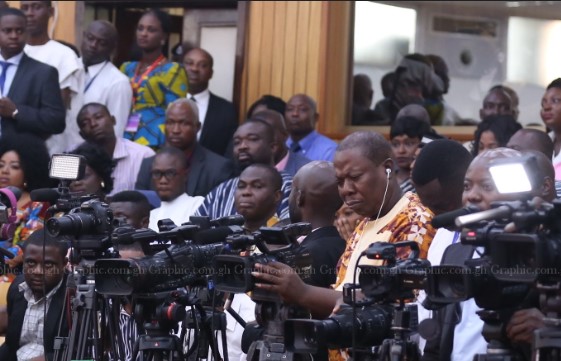

A troubling audio recording has surfaced on social media in which Angel FM presenter, Okatakyie Afrifa-Mensah, alleges that Rev. Isaac Owusu Bempah threatened his life during a phone conversation.
The audio, shared by Afrifa-Mensah, purportedly captures Rev. Owusu Bempah making chilling threats, including claims that he would hire thugs to physically assault the radio journalist and even threatening to pull out his intestines.
‘’You’re a small boy. My lawyer is supposed to give you a court document and I will have people beat you up and pull out your intestines. I am not holy’’. Bempah said
Bempah further dared Afrifa-Mensah to reveal his location so they could settle their differences in a violent confrontation.
The tension between the two appears to have escalated after Afrifa-Mensah made critical remarks about Rev. Owusu Bempah during his morning show.
Dangers for Journalists in Ghana: Rising Threats from Intimidation to Murder
Journalists in Ghana face significant threats, especially when reporting on sensitive topics such as corruption, politics, and illegal activities. These threats can range from intimidation and harassment to physical violence and, in some cases, murder. Ghana has long been considered a beacon of press freedom in West Africa, but recent developments suggest that the situation is becoming increasingly precarious for media professionals.
One of the most notable cases is the murder of investigative journalist Ahmed Hussein-Suale in January 2019. Hussein-Suale was a key member of the investigative team at Tiger Eye Private Investigations, led by renowned journalist Anas Aremeyaw Anas. He was gunned down in broad daylight after his identity was revealed by a sitting Member of Parliament, who publicly incited violence against him. Hussein-Suale had been involved in exposing high-level corruption within the Ghana Football Association, and his death shocked the nation and drew widespread condemnation internationally.
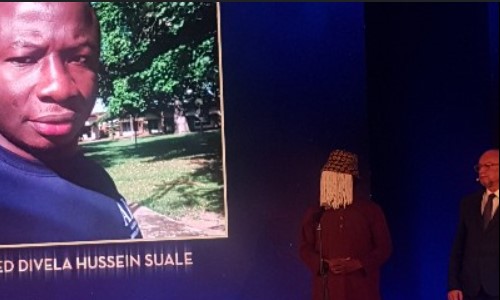
Other journalists in Ghana have reported being harassed, detained, or threatened while covering political events or exposing misconduct. For instance, investigative reporters like Manasseh Azure Awuni have faced threats after uncovering corruption scandals involving government officials. Awuni fled the country in 2019 due to safety concerns following his exposé on militia groups allegedly linked to the ruling party.
The case of Latif Iddrisu, a journalist from Joy News, also highlights the dangers journalists face. He was severely beaten by police officers in 2018 while covering a protest outside the police headquarters in Accra. Despite the public outcry, such incidents have contributed to a growing sense of fear among journalists, making it harder to hold power to account.

These threats undermine the role of the media in Ghana’s democracy, posing a serious challenge to press freedom. While Ghana ranked high on the World Press Freedom Index in previous years, there have been concerns about the country's downward trend in maintaining journalist safety and media independence.
Efforts to protect journalists remain critical, especially with the Ghana Journalists Association and civil society groups advocating for stronger protections and accountability for crimes committed against media professionals.
Read Full Story

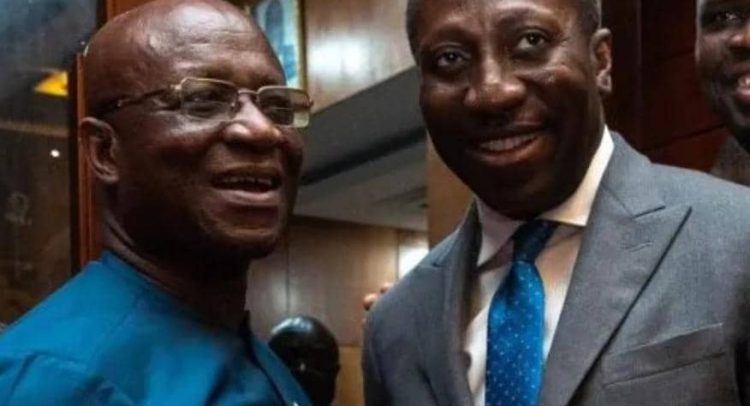
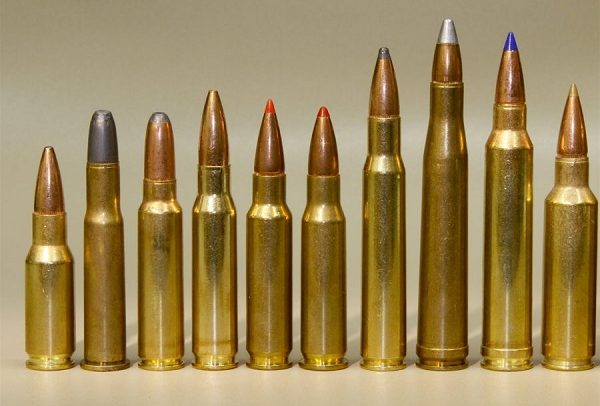
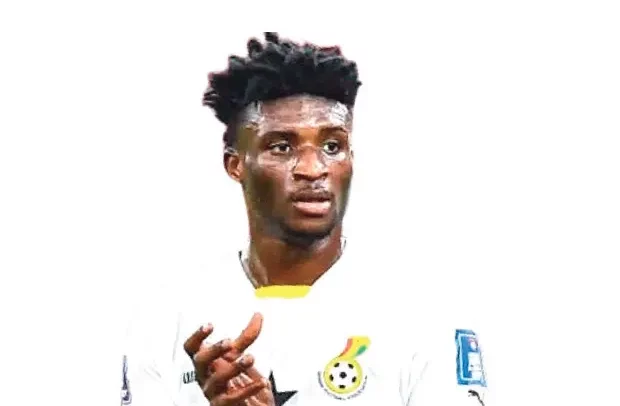
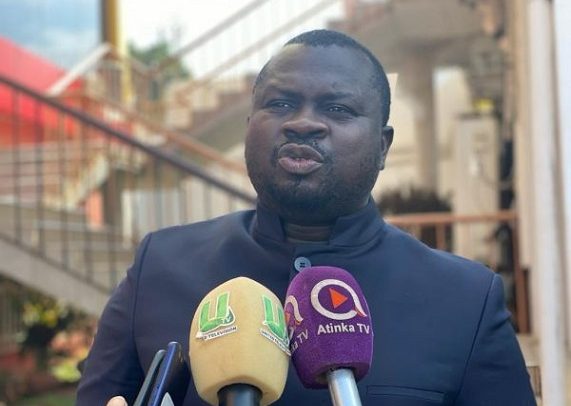





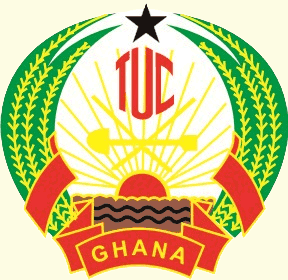
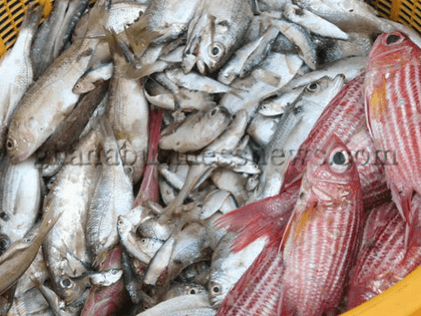

Facebook
Twitter
Pinterest
Instagram
Google+
YouTube
LinkedIn
RSS